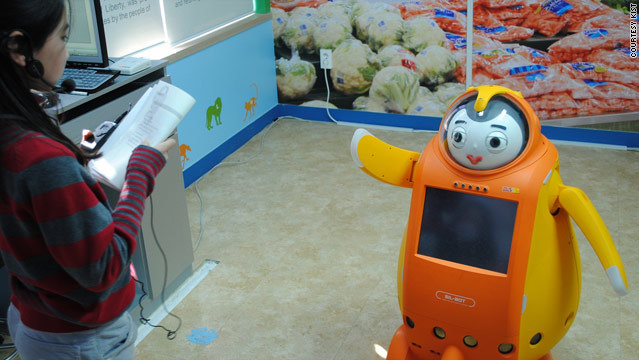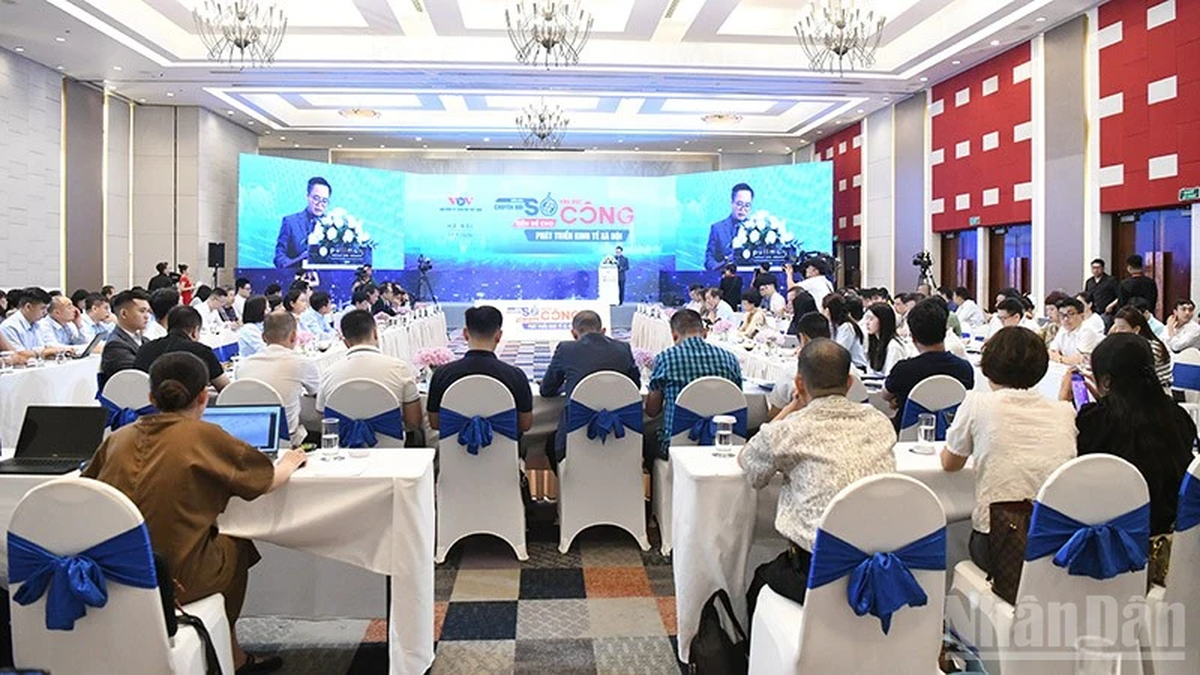Robots that can speak English like native speakers will be tested at five elementary and middle schools in Seoul from March 2024.
According to an announcement by the Seoul Officeof Education on November 29, the robot, named Engkey, was developed by a private company.
The robots are equipped with artificial intelligence (AI), look like restaurant robots, and can speak English like native speakers. They act as teaching assistants in the classroom, helping students improve their knowledge, conversation skills, and pronunciation of English. For students who are having difficulty, the robots will customize the program, allowing them to learn at their own pace.
In addition to Engkey, messaging apps that use virtual assistants are provided for students to practice communicating on topics of their choice. After practicing situations using the vocabulary and structures they have learned, the virtual assistant gives feedback on their English proficiency.
More robots will be sent to other schools if the trial is deemed successful.

Smart robots have been tested in classrooms in South Korea. Photo: CNN
Using robots to teach English to young students is part of efforts to strengthen the subject in public schools, according to the Seoul Education Authority.
Professor Kim Mun Sang, director of the Center for Intelligent Robotics, Korea Institute of Science and Technology, expects Engkey to help popularize a new method of teaching English.
However, many English teachers are concerned that virtual interaction between students and Engkey will make it difficult for them to communicate with real people.
Michael Valley, an English professor at Munseong University, argues that Engkey's emphasis on memorization does not help English learners master the collaboration and negotiation skills needed for successful communication.
“These robots take away from the realism and intimacy that human teachers provide to students,” he said.
While acknowledging that robots should not replace humans, Engkey's supporters believe the robots will help in rural schools where it is difficult to recruit native English teachers.
According to the English Proficiency Index released by the international education organization EF on November 18, South Korea scored 525/800 points, 23 points higher than the world average. In terms of ranking, the land of kimchi ranked 49/113 countries and territories, and is in the group with average English proficiency.
Huy Quan (According to Yonhap, The Language Magazine, Korea Herald)
Source link





































































































Comment (0)